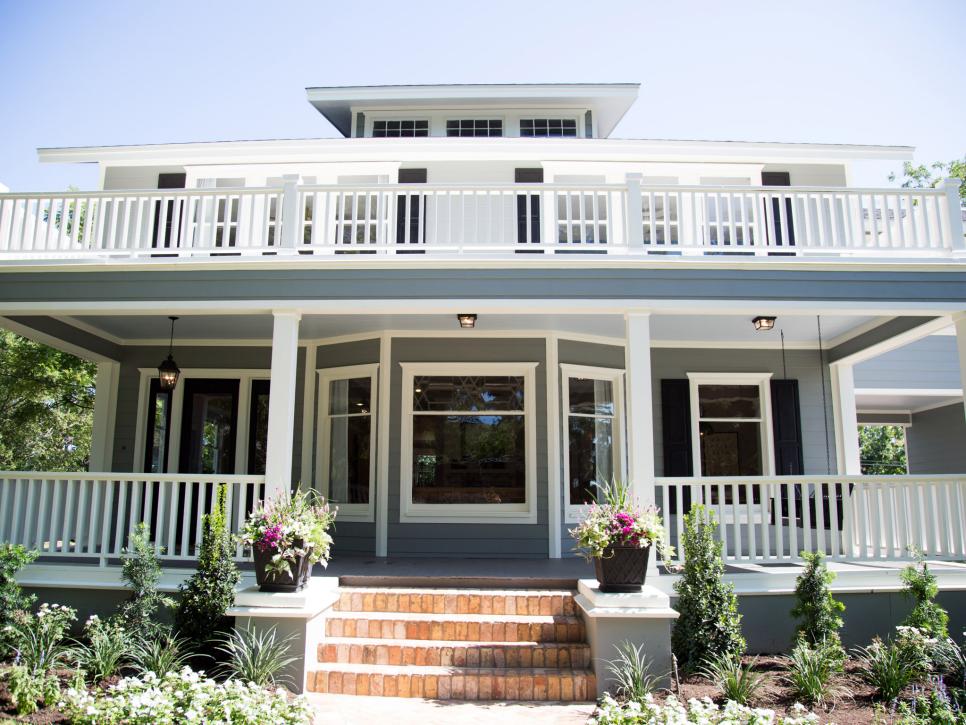4 Tips for Buying a Fixer-Upper
Blog:4 Tips for Buying a Fixer-Upper

Posted on
What if your dream home just happens to have ancient wiring and a cracked foundation?
So you’ve set your sights on a home that, to put it mildly, needs a little repair work. The stairs are creaky, and you’ve noticed a leak (or three).
Still, your mind is made up. What’s a love-struck home buyer to do?
If your heart is set on a fixer-upper, this advice from real estate experts can help you make that “needs work” house a home.
Check the zoning
“Any municipality has zoning districts, and you need to know what uses are permitted,” says George Vanderploeg, a luxury real estate broker with Douglas Elliman in New York. Knowing the zone is important because it will tell you what you can and cannot do to the home.
For instance, when interiors photographer Josh Gibson decided to renovate his 19th-century cottage in Beaufort, SC, he had to contend with the historic district landmarks commission, which required hours of research and visits downtown. Among the many requirements, he had to adhere to were installing single-pane windows and maintaining the home’s unique brick-pier structure.
To research your prospective home’s zoning requirements, you can visit its municipality’s website, or arrange to meet with a staff member, who can walk you through the legalities.
Bring in a home inspector
Once you’ve made a verbal agreement to buy the house and are waiting for the contract to be drawn up, you’ll want to hire a home inspector.
A home inspector will look for structural issues and advise you on things that may or may not need to be replaced, such as plumbing, electricity, and roofing.
Your broker can refer you to an inspector, but it’s important that this person not is biased, as you’ll need an objective opinion. With this in mind, Vanderploeg advises finding someone who will work for you — not for the broker or seller.
Be sure to set aside about an hour or two to walk through the building with the inspector and ask questions. “This allows the buyer to get to know the house really well before they buy it,” Vanderploeg says.
Home buyers tend to ask questions about asbestos and termites, but Hal Einhorn, the principal inspection consultant for Old House Inspection in New York, says it’s equally important to ask about the “general age of certain systems,” as those will indicate when they’re nearing replacement. A 26-year-old boiler, for instance, is likely to go kaput soon, whereas a newly-installed air conditioning unit probably won’t be a problem for the next 20 years.
Read more here.